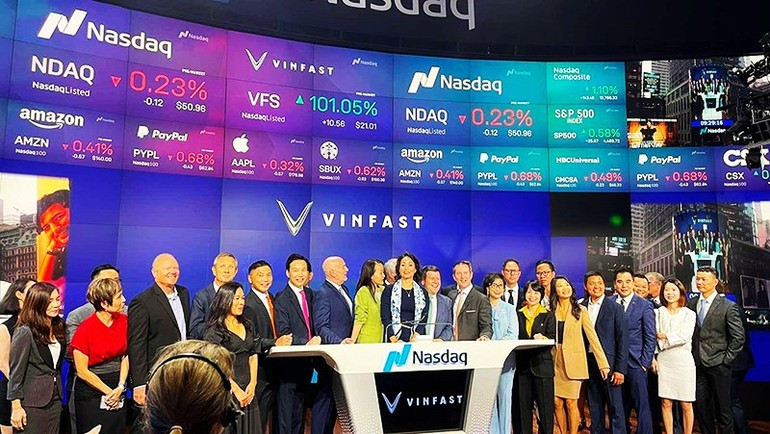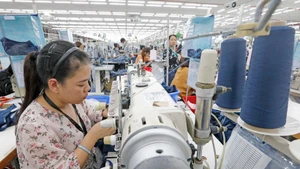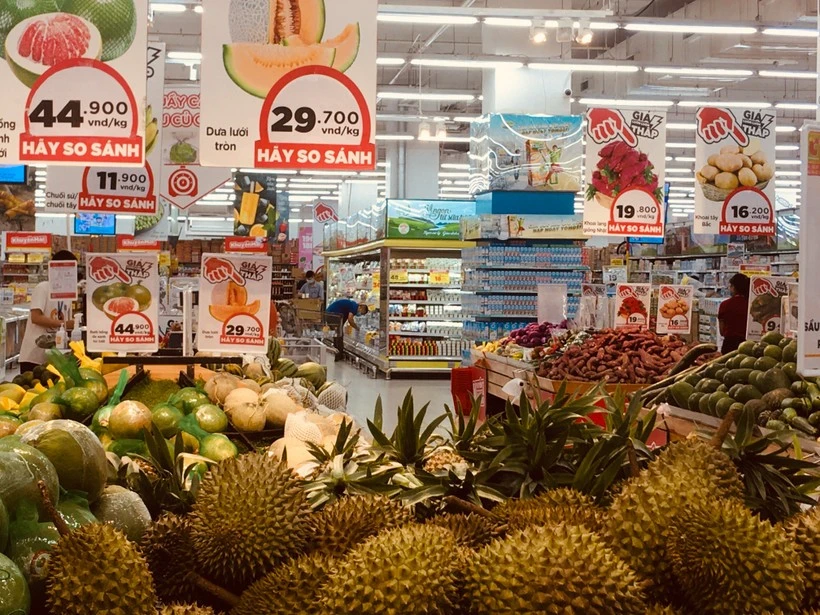VinFast Trading and Production Limited Liability Company officially listed on the Nasdaq Global Select Market on August 15, 2023, under the ticker symbol VFS, with a market capitalisation of over 23 billion USD. The event was widely regarded as a source of inspiration, encouraging other major Vietnamese enterprises to aspire to the international arena.
A challenging journey
In fact, VinFast was not the first Vietnamese enterprise to appear on the US stock market. In 2006, Cavico Corporation listed “through the back door” using a SPAC structure on the Pink Sheets, later moving to the OTC.BB in 2008. By September 2009, Cavico officially traded on Nasdaq, but two years later, its ticker CAVO was delisted for violations of information disclosure regulations.
Several major Vietnamese enterprises, including Vietjet Air, VNG Corporation, and Vinamilk, have long ave cherished plans for IPO (initial public offering) and list abroad, though most have not realised these plans. In 2008, Vinamilk (HoSE: VNM) received approval from the Singapore Exchange (SGX) for a partial listing, but by 2011, the company cancelled the plan to focus on the domestic market. Notably, VNM’s share price declined when the SGX listing was announced but surged once the plan was withdrawn.
In 2017, VNG signed a memorandum of understanding with Nasdaq to prepare for an IPO, yet it continues to trade only on Viet Nam’s UPCoM exchange. Another example is Hoang Anh Gia Lai (HoSE: HAG), which listed global depository receipts (GDRs) on the London Stock Exchange in 2011 but withdrew seven years later due to low trading volume and limited demand.
Experts attribute the inability of many Vietnamese enterprises to list or sustain listings abroad to legal barriers and restrictions on foreign ownership. In some sectors, foreign ownership caps of 35% or 49% make it difficult to issue shares or list on global exchanges.
Moreover, previously, regulations only permitted listing the portion of shares issued to foreign investors, while domestic capital still had to comply with Vietnamese stock market rules, complicating dual-listing efforts.
A key challenge also lies in meeting stringent international standards for accounting, auditing, and corporate governance. Viet Nam continues to apply Vietnamese Accounting Standards (VAS), while most international exchanges require International Financial Reporting Standards (IFRS), alongside strict rules on profitability, shareholding structure, liquidity, and financial transparency.
According to Dr Nguyen Trung Kien, Director of the Institute for Technology Strategy and Innovation (STI), listing on international stock exchanges brings two key benefits: expanding capital mobilisation at lower costs and enhancing corporate prestige and image through adherence to international disclosure standards.
However, opportunities come with challenges. Enterprises must meet demanding transparency requirements and face scrutiny from foreign regulators and analysts — who may lack a deep understanding of Viet Nam’s economic context, leading to incomplete assessments of business potential.
Cultural and regulatory differences, particularly regarding ESG (environmental, social, and governance) standards, may also cause some lawful domestic practices to be viewed as inconsistent with international norms. Thus, building a capable advisory team familiar with both domestic and global environments is essential for Vietnamese firms to overcome barriers and make effective use of global listing opportunities.

Behind the big dream
Despite the challenges, the aspiration to reach global markets remains strong among Vietnamese enterprises. Recently, during its 21st anniversary, VNG Chairman Le Hong Minh reiterated plans for an international listing, noting that the company is “reinventing itself” to become a truly global enterprise with three defining attributes: owning products with international influence, generating significant revenue from foreign markets and participating in global capital markets.
This vision underpins VNG’s determination to pursue a Nasdaq listing — seen as a crucial step in its global journey.
Similarly, MeeyLand Company (Meey Group), a young proptech startup founded only six years ago, has announced plans to prepare for a Nasdaq listing. The company says it is investing heavily in technological infrastructure, corporate governance, and transparency to meet the requirements of international capital markets.
However, given its limited operating history and modest business performance, questions have arisen regarding Meey Group’s financial capacity and operational efficiency — casting doubt on the feasibility of its “Nasdaq dream.”
Even a technology unicorn like VNG, with robust products and resources, continues to face considerable challenges in its pursuit of a US listing. According to its audited financial report for the fiscal year from April 1, 2024 to March 31, 2025, Meey Group posted net revenue of 122.152 billion VND, slightly down from 127.655 billion VND the previous year. Gross profit dropped by more than 48% to 24.9 billion VND, with profit from core operations standing at only 1.4 billion VND.
Administrative expenses eroded profits by more than 18.7 billion VND, leaving post-tax profit at nearly 1.4 billion VND, almost double the previous year’s figure of 763.2 million VND. As of March 31, Meey Group’s total assets stood at 1.111 trillion VND, up 26.4% year on year, with liabilities accounting for nearly 56% (621.2 billion VND), mainly short-term debt (620 billion VND).
According to Dr Le Trung Kien, the pursuit of international listings by Vietnamese enterprises is a commendable vision, reflecting the aspiration for global integration and national advancement. However, he cautioned that this should not be pursued “at all costs.” Listing abroad is not a “golden ticket” guaranteeing success, but a process requiring robust governance, transparency, and the capacity to meet rigorous global standards.
“In reality, some international listing efforts have been driven by personal motives — seeking fame or short-term gains rather than sustainable corporate value,” Dr Kien observed.
His remarks are not unfounded. There have been cases where individuals exploited the “dream” of international listing for fraudulent gain. In August, the Phu Tho Provincial Public Security dismantled a transnational organised crime ring operating under the guise of the Paynetcoin (PAYN) cryptocurrency investment project — essentially an illegal multi-level marketing scheme. Participants were promised monthly returns of 5–9%, enabling the ring to illegally raise billions of USD from investors at home and abroad.
Notably, the ringleader Nguyen Van Ha (born 1980, Gia Lai Province), founder and CEO of the Hahalolo Travel Social Network, previously announced ambitious plans to reach two billion global users and list Hahalolo on Nasdaq by 2024 or 2025.
Therefore, experts agree that the top priority for Vietnamese enterprises should still be to strengthen their domestic foundation — improving corporate governance, ensuring transparency, and establishing effective quality control systems. Much like exports, only when the “product” is truly strong can Vietnamese enterprises confidently venture abroad and uphold the prestige of the Viet Nam brand.
On October 8 (3 a.m. Ha Noi time), FTSE Russell announced that Viet Nam’s stock market had met all formal criteria and was upgraded from Frontier Market to Secondary Emerging Market status. This milestone opens greater opportunities for enterprises to capitalise on the domestic stock market before considering international listings.
















